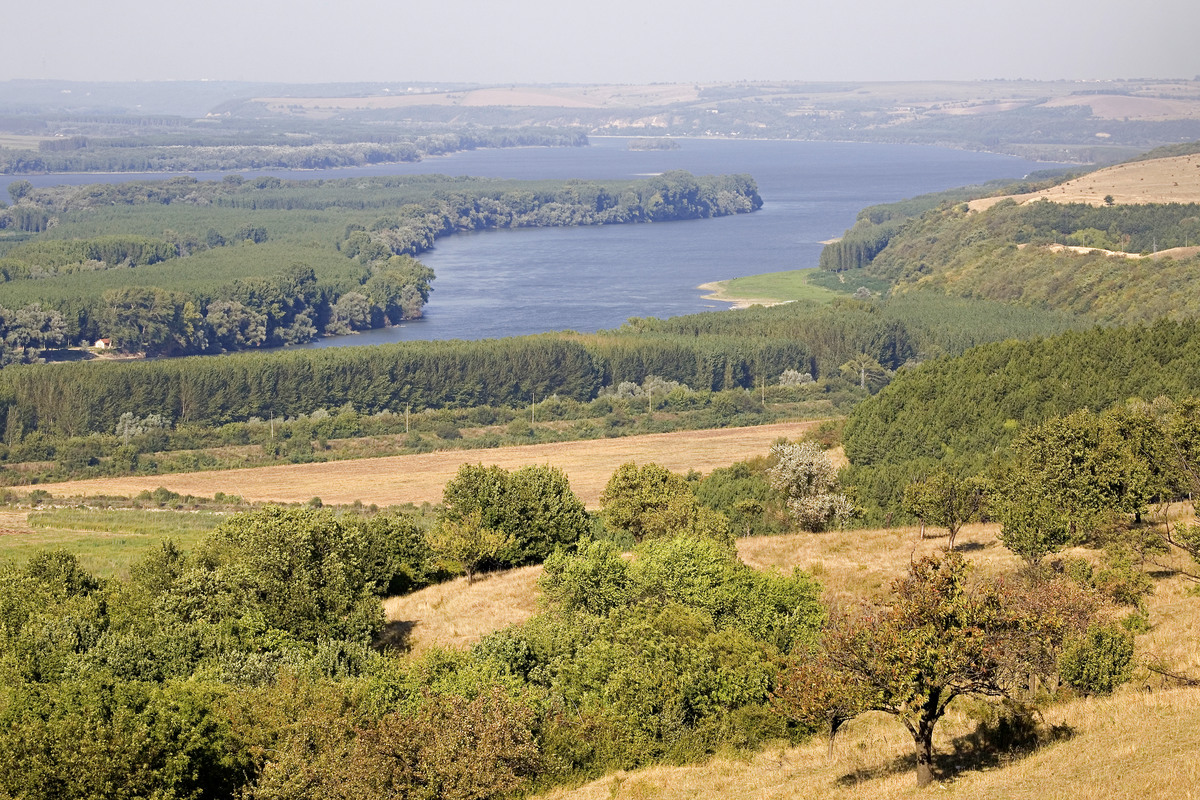A clash is raging between nature and finance. On the one hand, the EU is striving to improve the deteriorating state of nature across Europe, with initiatives like the Biodiversity Strategy 2030 and the Nature Restoration Law. On the other, massive amounts of public money continue to flow to infrastructure projects with devastating impacts on the natural world. Our work where finance meets nature advocates for adequate protection and restoration projects to ensure a green future for all.
IN FOCUS
Rivers and communities
The countries of the Energy Community Treaty have diverse energy mixes, but hydropower has traditionally played a strong role in many of them. Albania is almost completely reliant on dams for its domestic electricity generation, followed by Georgia with an average of 80 per cent of electricity generated by hydropower and Montenegro with an average of 55 per cent.
EU funds and biodiversity
In May 2020, EU leaders committed to an ambitious Biodiversity Strategy for 2030, outlining the clear need to act on biodiversity loss and address the failing health of nature.
Discussions are now underway to agree on a new EU budget which will run from 2027 to 2034. This represents a golden opportunity to improve biodiversity spending to achieve the objectives of the biodiversity strategy in full.
As well as addressing the biodiversity crisis, strategically supporting nature through EU funds is also one of the most effective ways to tackle climate change, while providing jobs and improved health at the same time.
Yet, with many of the previous strategy’s objectives left unachieved, the pressure now mounts for this decade. Never before has there been so much potential – and urgency – to use EU funds and investments to address the biodiversity crisis.
Related projects
Free-flowing rivers in Central Asia
Central Asian rivers are under threat from hundreds of new hydropower plants. We have created a map of the key rivers in the region that need urgent protection and are calling on the development banks to stop their destruction.
Emerald Network in the Western Balkans
Albania, Bosnia and Herzegovina, Montenegro, North Macedonia, and Serbia are required to establish a sufficient number of Emerald Network sites as signatories to the Bern Convention. However, since 2011, not a single new site has been proposed and many stunning rivers remain unprotected. The #EmeraldForRivers campaign aims to support governments in expanding the Emerald Network.
Turnu Măgurele – Nikopol Hydraulic Structures Assembly on the Danube river, Romania and Bulgaria
The project, if built, would not only devastate critical habitats, leading to the potential extinction of species such as the Danube sturgeons, but also displace local communities, disrupt existing investments, and violate several EU environmental directives.
Latest news
Kambarata hydropower project: greater scrutiny from international banks is needed
Blog entry | 19 December, 2025Kyrgyzstan is promoting the massive 1,860 MW Kambarata-1 Hydropower Plant (HPP) as a solution to its ongoing energy crisis. The project, a joint effort with Uzbekistan and Kazakhstan on Naryn River, is actively seeking funding from international financial institutions like the World Bank, the European Bank for Reconstruction and Development (EBRD) and the European Investment Bank (EIB).
Read moreAnother needless threat to the ecosystems we all depend on: The Commission’s panicky, chaotic deregulation drive has to stop
Press release | 9 December, 2025Among the slew of European Commission initiatives set to be launched on Wednesday 10 December is the so-called Grids Package, leaked to several media outlets last week.
Read moreBiodiversity loses out in Hungary’s recovery and resilience plan
Blog entry | 8 December, 2025Despite EU commitments to halt biodiversity loss, Hungary’s recovery and resilience plan has diverted funding from wetland restoration, highlighting structural flaws in the EU’s green-funding allocations.
Read moreRelated publications
Planning for social justice in Territorial Just Transition Plans in central and eastern Europe. September 2023 update – part II
Briefing | 28 September, 2023 | Download PDFThis briefing’s main objective is to provide an analysis of how the Territorial Just Transition Plans for seven countries (the Czech Republic, Estonia, Hungary, Latvia, Poland, Romania and Slovakia) approach social issues related to the impacts of the transition on women, youth and various other vulnerable groups.
Mapping the road to a just transition in central and eastern Europe: an analysis of Territorial Just Transition Plans in 7 countries. September 2023 update – part I
Briefing | 21 September, 2023 | Download PDFFollowing the brief introduction to the Just Transition Mechanism, this briefing provides an analysis of the approved Territorial Just Transition Plans and identifies what these countries actually intend to do to alleviate the impacts of the transition to carbon neutrality.
Renewable energy permitting in Bosnia and Herzegovina: how to optimise the process while safeguarding the environment and public participation
Briefing | 25 July, 2023 | Download PDFThis analysis begins with an overview of the permits required for building renewable energy facilities in the two entities of Bosnia and Herzegovina: the Federation of Bosnia and Herzegovina (FBiH) and Republika Srpska (RS).



